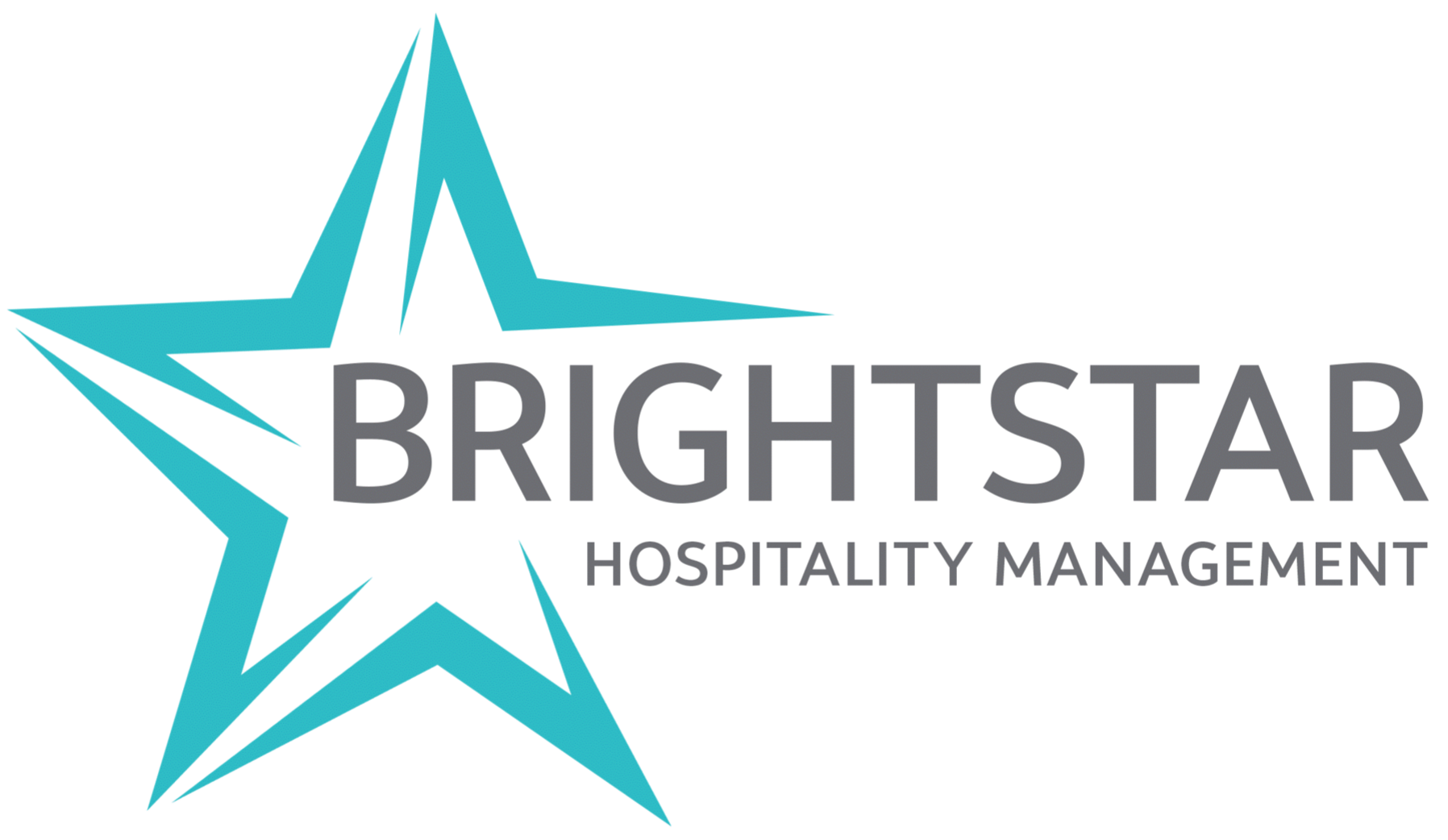Hospitality First to change the UK workforce crisis ahead of Brexit
Posted on 21st February 2019 at 10:55
Hospitality First to change the UK workforce crisis ahead of Brexit
Changing the stereotypes associated with the hospitality industry and attracting a new variety of UK workers from different backgrounds is vital to securing its workforce as Brexit looms, according to hotel management firm, Hospitality First.
As Brexit approaches, the hospitality sector is already feeling the effects as far as its workforce is concerned. The number of people from overseas applying for new jobs within the industry is falling. Data from the Office of National Statistics estimated that 130,000 EU nationals emigrated in the year to September—the highest level in a decade. According to statistics from UKHospitality, an estimated 700,000 (15 percent) of the 4.5 million people that currently work in the hospitality sector were from the European Union.
“On average, a quarter of most hotels’ workforce are from the EU. In the case of one of our hotels (Best Western Tillington Hall) 100% of the housekeeping team are EU nationals,” Andrew Sanders, Director at SMB management, part of Hospitality First Ltd, said. “Brexit is almost certainly discouraging EU workers to gain employment in the UK and its becoming a very a serious problem for our industry. Solutions are needed and fast. It’s crucial that both the government and hospitality sector work together to attract more people into the industry. We are on a mission to educate people that a career in the hospitality sector is just that – it’s a career choice for professionals.”
Andrew continued, “We’re keen to see UK nationals from all walks of life come back into the hospitality sector. The working hours are flexible, so are suitable for so many people; parents, retirees who are looking to get back into work, young people who are studying at university – the options are endless, and we need to make it known. There are also many ways that people can advance their careers in hospitality too”.
In a survey of 451 unemployed parents that Travelodge commissioned in partnership with YouGov, it was found that 86% of those would like to return to work, and 59% reported the scarcity of jobs with flexibility around the school run was the biggest challenge to finding work.
Andrew is amongst a growing number of industry leaders who are also frustrated that the catering and hospitality T-level is not scheduled to be rolled out until 2022 and calls on the government to bring it forward. As well as recruiting and retaining home grown talent, the sector has also put its case forward for the need for a balanced evidence-based immigration system, and more education around apprenticeships.
Andrew concluded, “I started working as a conference porter in the industry some 20 years ago, and I have worked my way up to become a director. Don’t get me wrong, it’s been hard work, but I have loved every minute of my career so far. Hospitality is a dynamic and fun profession, where no two days are the same and anything is possible. I hope that Hospitality First’s efforts will encourage a new wave of employees into the industry and go some way to tackle the unwarranted stigma that working in the industry has gained.”
Notes for Editors
For further information, images and quotes please contact: Adele Flint at PReach PR via:
Email - adele@preachpr.co.uk
Phone - 0800 023 8125
Share this post:



